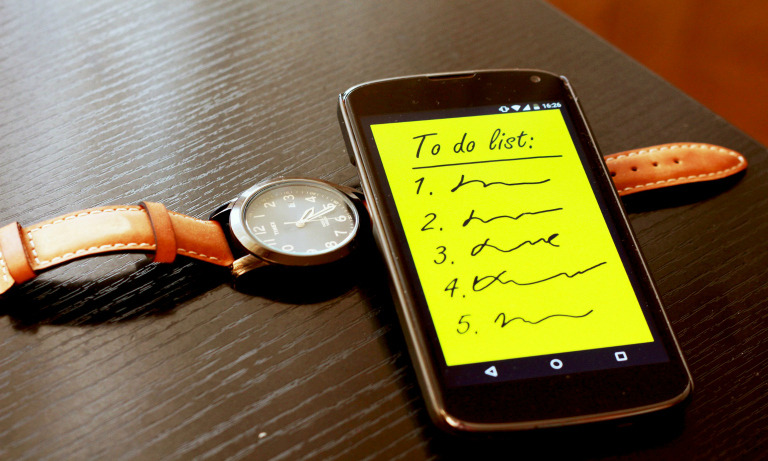 The biggest obstacle affecting productivity may be more manageable than you think
The biggest obstacle affecting productivity may be more manageable than you thinkEconomist and former McKinsey partner, Caroline Webb, shared her discovery at a conference by the Royal Society for the Encouragement of Art, Manufactures and Commerce (RSA) in a presentation called “How to have a good day”.
The culprit is something all of us do every single day. It’s become part of our daily work life and we are constantly trying to find ways to overcome it. The obstacle? Multitasking. Juggling demands in the modern workplace is a challenge, whether you are dealing with sorting through your inbox or assisting colleagues seeking help.
“Our conscious brain can only do one thing at a time,” she said.
Webb asked the audience to recite a series of numbers (1, 2, 3, 4) as quickly as they could to prove her point. Then, she told them to do the same with letters. The audience managed both tasks without difficulty. But when the speaker asked them to switch from letters to numbers (A, 1, B ,2 ) most were defeated and gave up on the task without completing it.
“Multitasking makes you do between two to four times as many mistakes and slows you down even beyond that.”
When we think we are multitasking our brain only processes a fraction of what is actually happening. Your mind jumps from one thing to the next, switching its attention from email, to website, to colleagues to thoughts on lunch, according to Webb.
“You are losing some time and mental energy in that switch, so you are slower and more error prone when you multitask,” she said.
Webb’s firm, Sevenshift, shows clients how to use behavioural science to boost their professional effectiveness. Single tasking is the way our brain really wants to work, so she suggested workers should do these four things:
- Use aeroplane mode on your phone
Jot down the absolute priorities for your day. Choose which one is of utmost importance and then put your phone on aeroplane mode while you do it. These two simple things will help you stay focused on your most important assignment of the day, according to Webb.
- Invest in a set of headphones
Headphones both cut out disruptive noise and indicates to your colleagues that you are focusing and do not want to be disturbed, Webb suggested.
- Take a break from your desk
Need some time to think about something? Step away from the distraction of your computer which will also help you to prioritize and save time.
- Get a timer
Webb said that the gadget that helps her the most is timer that she put on her desk to count down the minutes she was able to stay offline.
Starting at 5 minutes she managed to build it up to 90 minutes without checking her emails. She finally put it back to 45 minutes as she understood her team could not cope with her being offline for more than an hour.
“Single tasking magically gives you back time in the day. Look for a chance to do it whether you can. Be kind to yourself, start small,” Webb said.
Join Over 40,000 Recruiters. Get our latest articles weekly, all FREE – SEND ME ARTICLES
Recruiters love this COMPLETE set of Accredited Recruitment & HR Training – View Training Brochure








